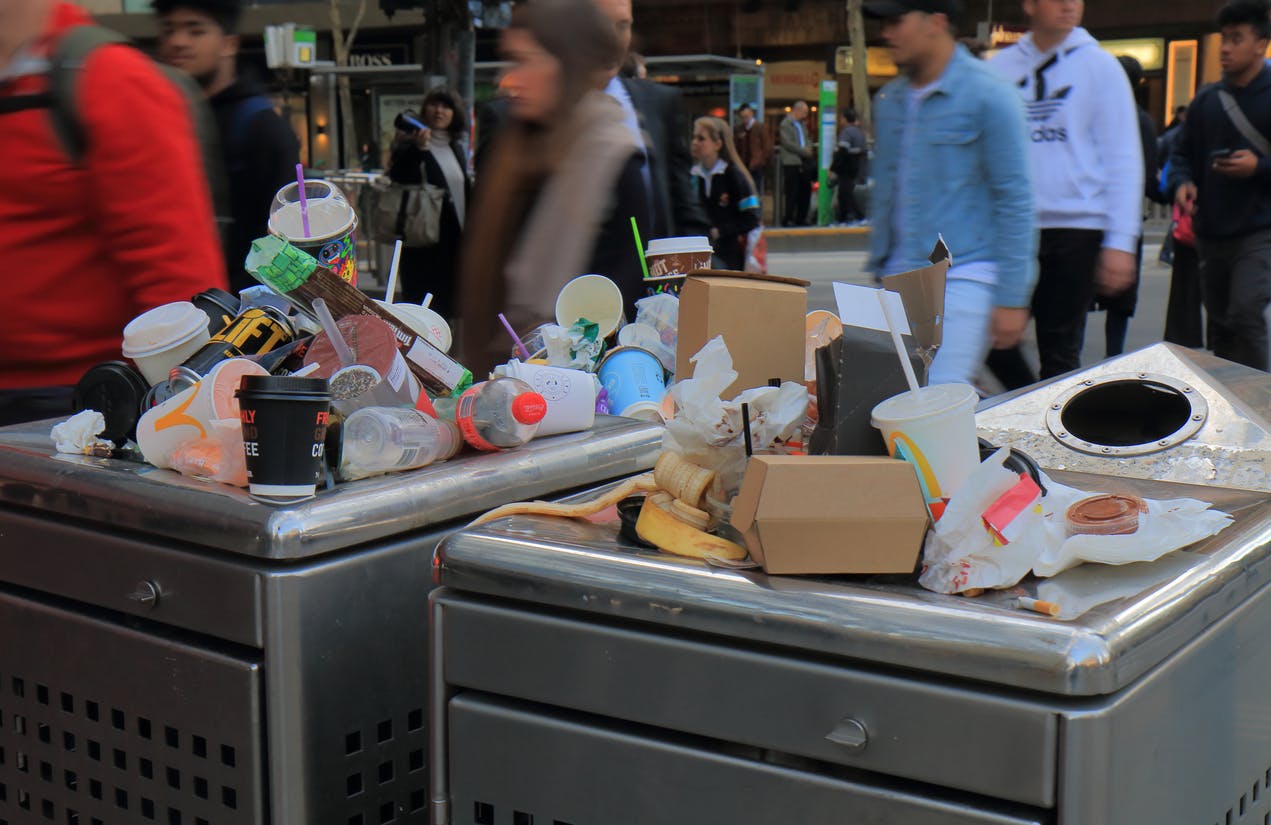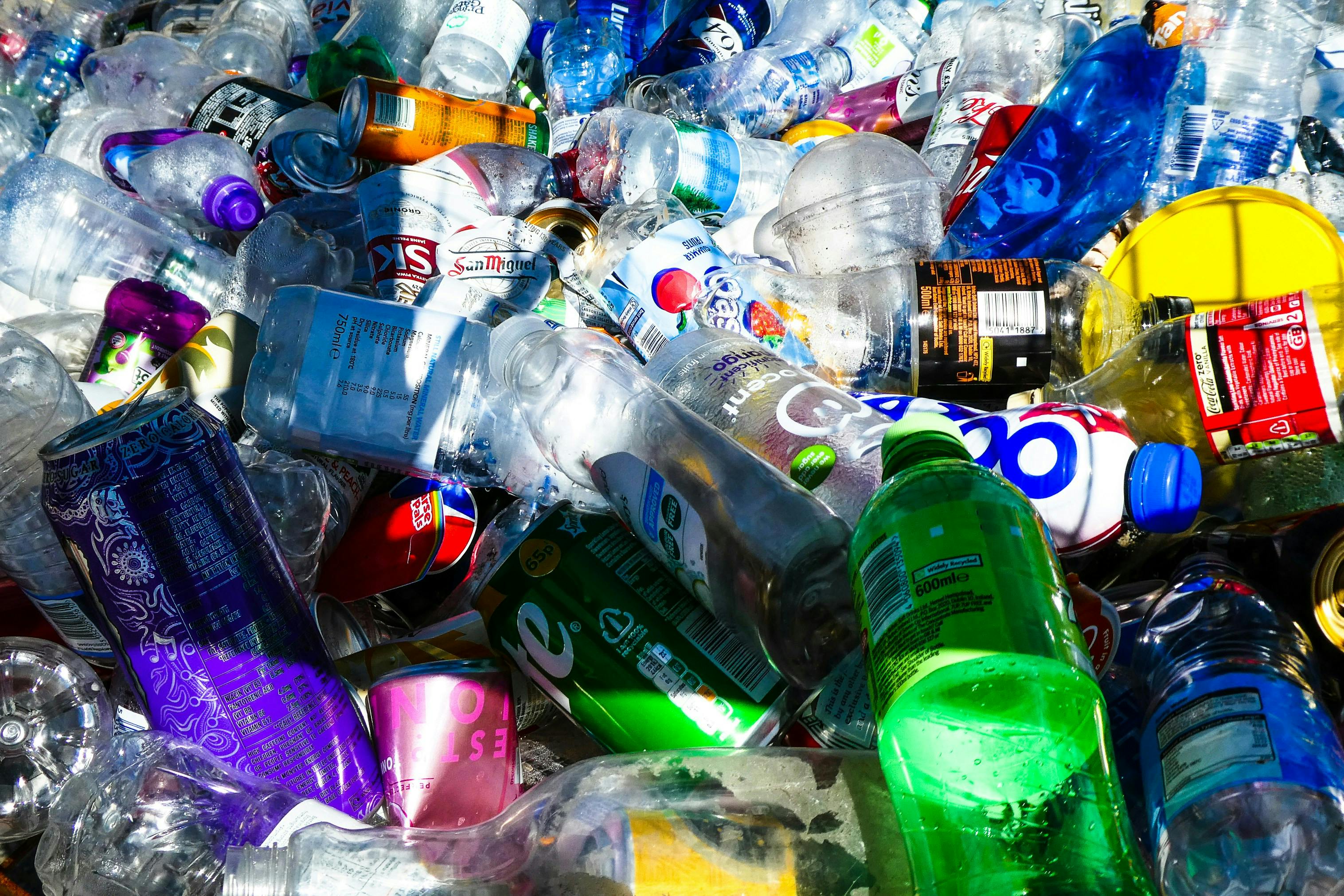
Fast fashion fuels disposable culture as Australia’s landfills near breaking point
Media Release:
- Australia prepares for tough new packaging laws for all businesses trading locally
- Just half of big businesses currently meet the Australian Packaging Covenant Organisation’s (APCO) sustainable packaging guidelines
- Amid widespread non-compliance, experts warn of tougher laws and hefty fines
As fast-fashion giants flood the Australian market with cheap, disposable goods, major Australian cities are racing towards landfill capacity by 2030. A leading sustainability consultancy says this kind of waste is partly why federal government will strengthen its packaging reforms in Australia, with businesses forced to comply or face hefty fines.
Award-winning Australian sustainability consultancy Edge Impact, an RSK Group company, predicts that new national regulations will apply to all companies trading in Australia – from global e-commerce platforms to homegrown brands. These businesses will be required to overhaul their entire approach to their packaging ecosystem. Every step will need to be reviewed from product design and material selection to consumer disposal and recycling, ensuring each component is sustainable and resource efficient.
“We’re dealing with a public awareness gap. Many consumers believe they’re doing the right thing, but inconsistent labelling and non-recyclable materials make proper disposal impossible. This is why businesses must go beyond compliance and invest in clear packaging instructions to help consumers correctly dispose of waste.”
Mike Twemlow, Manager, Circular Economy

Edge Impact helps businesses navigate complex packaging compliance requirements. With expertise in circular economy strategies, waste minimisation and regulatory frameworks, Edge Impact works with companies to design sustainable packaging solutions that meet Australian and global compliance standards while reducing environmental impact.
Landfills across Australia are fast approaching crisis levels: Perth is most critical and expected to reach capacity this year, Melbourne’s Hampton Park by 2028, Sydney by 20301 and Brisbane is also stretched, with the Council of Mayors (SEQ) aiming to target a diversion of 1 million tonnes of landfill waste by 2030.
Mike said that, adding to the problem, is wishcycling – the well-intentioned but incorrect recycling of materials. Confused consumers often throw non-recyclable packaging into the recycling bin, contaminating entire batches and contributing to approximately 21% of the recycling materials sent to landfill.
He said the government’s new mandatory packaging regulations are on the horizon, which will require businesses to comply with mandatory sustainability standards. The new regulations will likely include design standards to ensure all packaging is recyclable or compostable, minimum recycled content requirements to reduce reliance on virgin plastics, bans on harmful chemicals in packaging materials and even eco-modulated fees where businesses are charged based on their environmental impact.
The reforms, which aim to cut waste, are also key to move Australia towards a packaging circular economy. Mike said: “A circular economy is about breaking the ‘take, make, waste’ model that dominates our supply chains. It’s about creating closed-loop systems where packaging can be reused, repurposed or fully recycled without degradation.”
With these new regulations on the horizon, he said that businesses can no longer afford to delay action:
“At the least, businesses should be complying with current APCO sustainable packaging guidelines. This will make it easier for them when the tough reforms are in play. Businesses need to audit their packaging materials, redesign wasteful supply chains and clearly label products to eliminate consumer confusion. Otherwise, they’ll be left scrambling when these regulations take effect.
“Fast-product platforms are fuelling a disposable culture that Australia simply cannot sustain. But any company using non-recyclable packaging is at risk. The government is done waiting; it’s only a matter of time before the compliance crackdowns are here.”
Edge has circular economy and packaging experts who can support you through the upcoming packaging regulations.
RELATED ARTICLES




